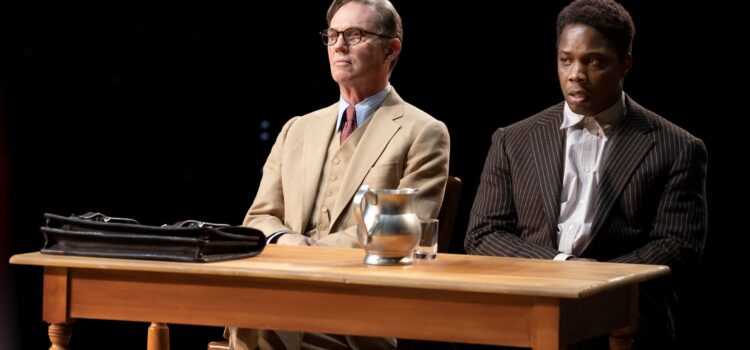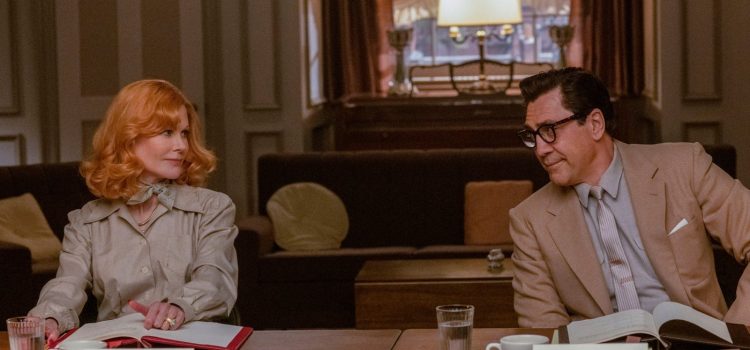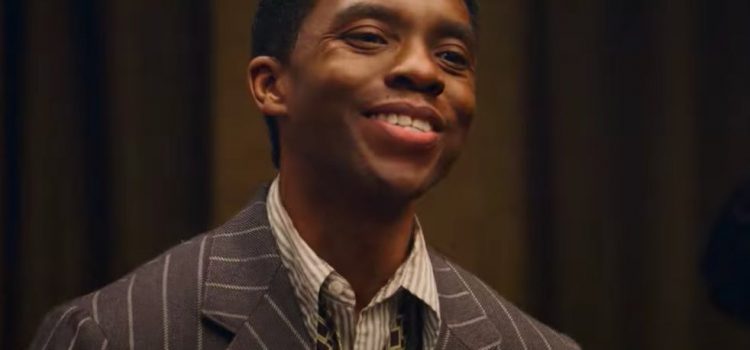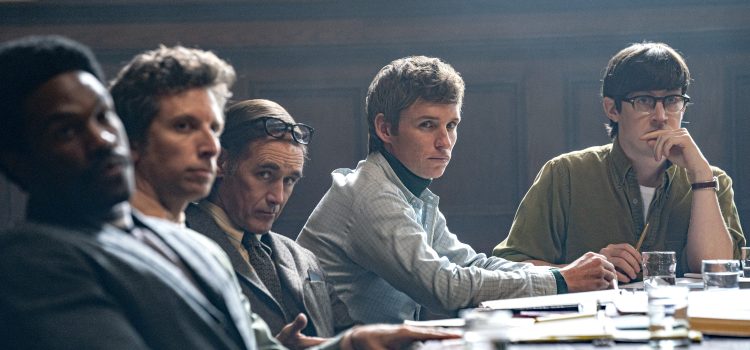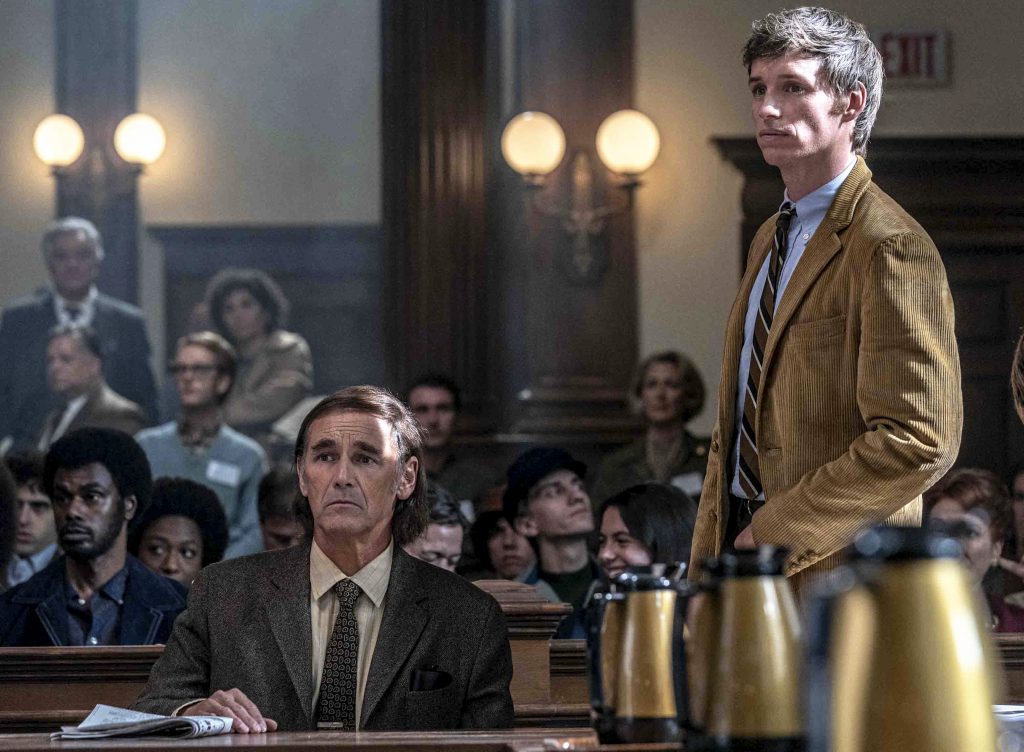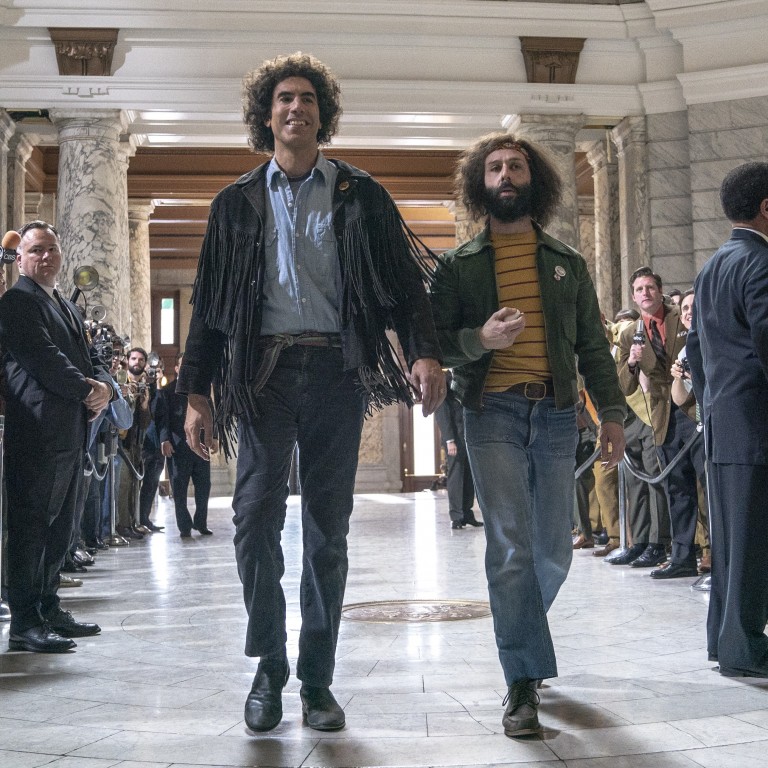By CB Adams
Even if you forgot most of the 1960 novel that you read in way back in middle school and most of what you loved about the 1962 film (Gregory Peck! Mary Badham! Robert Duvall!), the Aaron Sorkin-scripted staged production of “To Kill A Mockingbird” at the Fox Theatre will powerfully remind you of why this beautifully wrought story remains essential to America’s self-narrative.
And, spoiler alert, this excellent touring production, headlined by Richard Thomas, may forever elevate your expectations of what theater can – and should – achieve. It will be hard to accept anything less – or less relevant.
“Mockingbird,” like its classmate “Catcher In the Rye,” is one of those stories that runs the risk of having its potency diminished by required reading in our formative years. Both could be relegated to the “been there, read that” shelf. The beloved film adaptation of “Mockingbird” further exacerbates this risk with a “been there, saw that” ubiquity.
In the spirit of transparency, I’m a bit of an Aaron Sorkin fanboy who appreciates his talky style of dialogue. I also count myself in the minority of folks who continue to mourn the cancellation of his HBO show “Newsroom” and who believes that the soliloquy-ish “America is not the greatest country in the world anymore” scene, delivered by Jeff Daniels, is some of the best dialogue in the history of television.
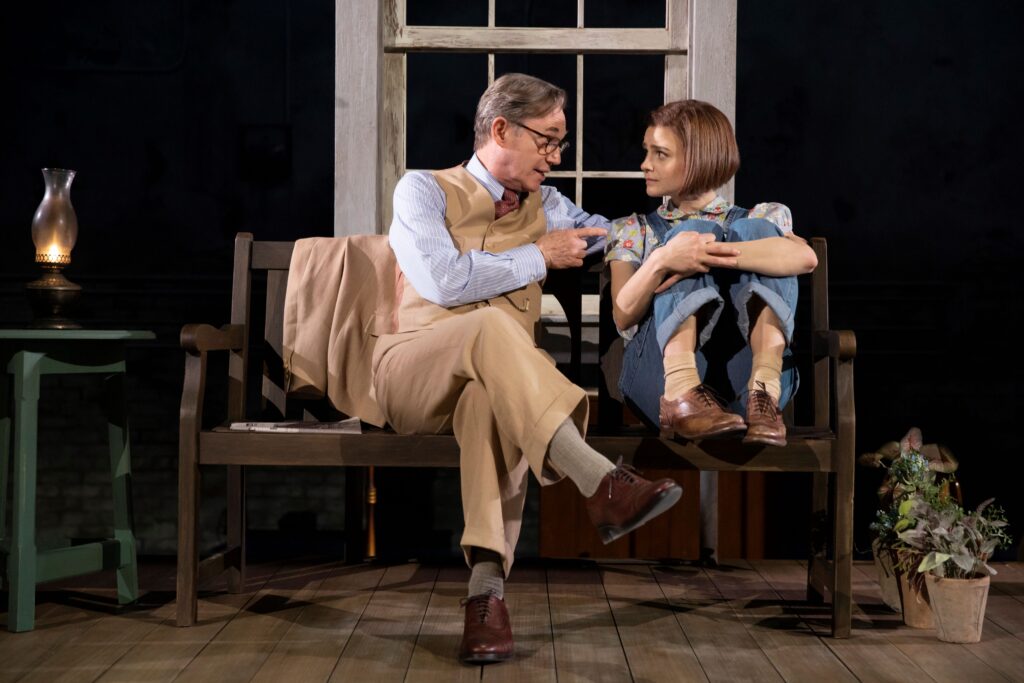
Sorkin’s “Mockingbird” is impressive for its ability to remain true to the heart of Harper Lee’s slowly unwinding examination of racism and injustice while resequencing and re-pacing the story to appeal to current sensibilities. It may have a small-town setting but it confronts an all-towns topic.
“Mockingbird,” given its status as an American classic, doesn’t need saving, but it certainly benefits from a modern stage treatment. Sorkin introduces the trial of Tom Robinson, the African-American man accused of the rape of a white woman, Mayella Ewell, at the start of the play, rather than build up to it as Lee does halfway through her novel. This places the play’s central conflict and theme front and center. The trial scenes are briskly and effectively toggled with scenes set mostly on the porch of Atticus Finch, the small-town lawyer defending Robinson. Tying these two strands together is a triumvirate of chatty-cathy narrators: Scout, Jem and Dill.
Sorkin’s rejiggering would go for naught if it weren’t supported by the excellent, tight direction of Tony Award-winner Bartlett Sher, evocative set design by Miriam Buether and, of course, the performances of the entire cast, top to bottom. Thomas as Atticus Finch brings his own type of ubiquity earned from his early-career success as John Boy on “The Waltons” television series. He’s shown considerable range and depth as an actor since then. I’ve especially like him more recently as Walter Gaskell in the film “Wonder Boys” and Nathan Davis in the Netflix series “Ozark.” Thomas delivers a nuanced Atticus whose story runs parallel to – but doesn’t usurp – that of Tom Robinson, played by Yaegel T. Welch with an impressive coiled anger shackled by powerlessness, imposed deference and unfair accusation.
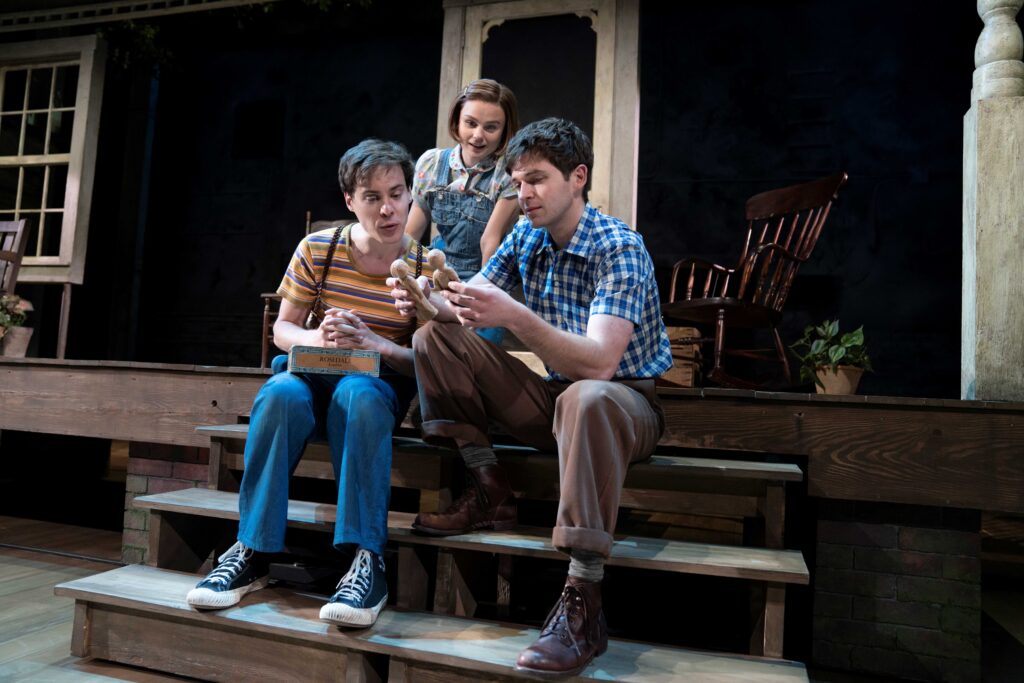
Melanie Moore as Scout, Justin Mark as Jem and Steven Lee Johnson as Dill delivered their adults-as-children characters with effective interplay of voice-over narration, wild-rumpus physicality and tomfoolery. This ensemble within an ensemble is evenly balanced is they each experience the transition from youthful innocence to a more mature, darker moral awareness.
As Calpurnia, Jacqueline Williams confidently portrays the Finch family’s wise African-American housekeeper who assuredly balances her role as surrogate mother to Jem and Scout and a certain Jiminy Cricket to Atticus. It’s hard to like the character of Mayella, but Ariana Gayle Stucki’s performance of the sexually and emotionally abused young woman was more than easy to admire. Stucki fully inhabited and revealed Mayella through a clinched (at times near-contorted) body, bitter tears and puffy red face.
The production deserves a couple of quibbles. One is the Southern accent that I know and loathe from countless movies and television shows. Although not off-putting, it’s nonetheless disappointing that the characters’ diction wasn’t more specific to Alabama instead of the generic, non-specific Southern patois.
Another is the unexplained “fire curtain” that covered the stage between acts. Again, not off-putting, but it raised more questions than it answered because it could refer to the fire in the novel (not in this play). It could also refer to the heat of the subject matter. It might even be making some sort of statement about the protective capabilities of live theater.
To call this production of “To Kill A Mockingbird” a must-see might not be strong enough as a recommendation. Like The Black Repertory’s recent production of “Death of a Salesman,” another deeply familiar American story, this interpretation of “Mockingbird” renews and invigorates a story that deserves retelling. It also more than deserves our continued attention and support.
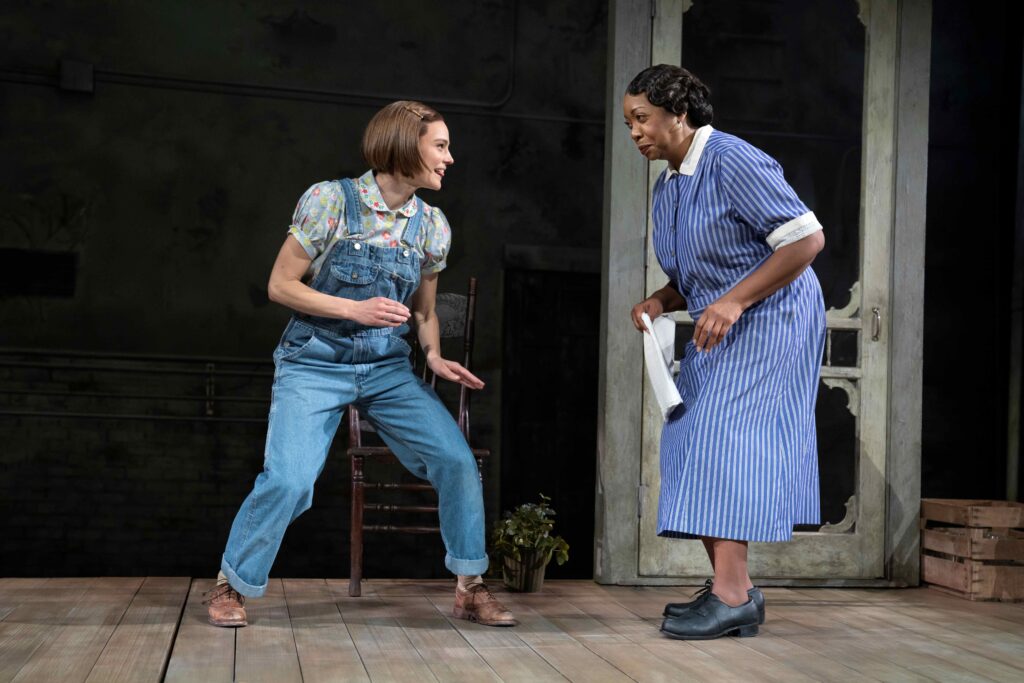
Performances of “To Kill A Mockingbird” at the Fabulous Fox run February 28 – March 12. . Show times vary. Tickets on sale now at MetroTix.com or by calling 314-534-1111. For more information, visit www.fabulousfox.com
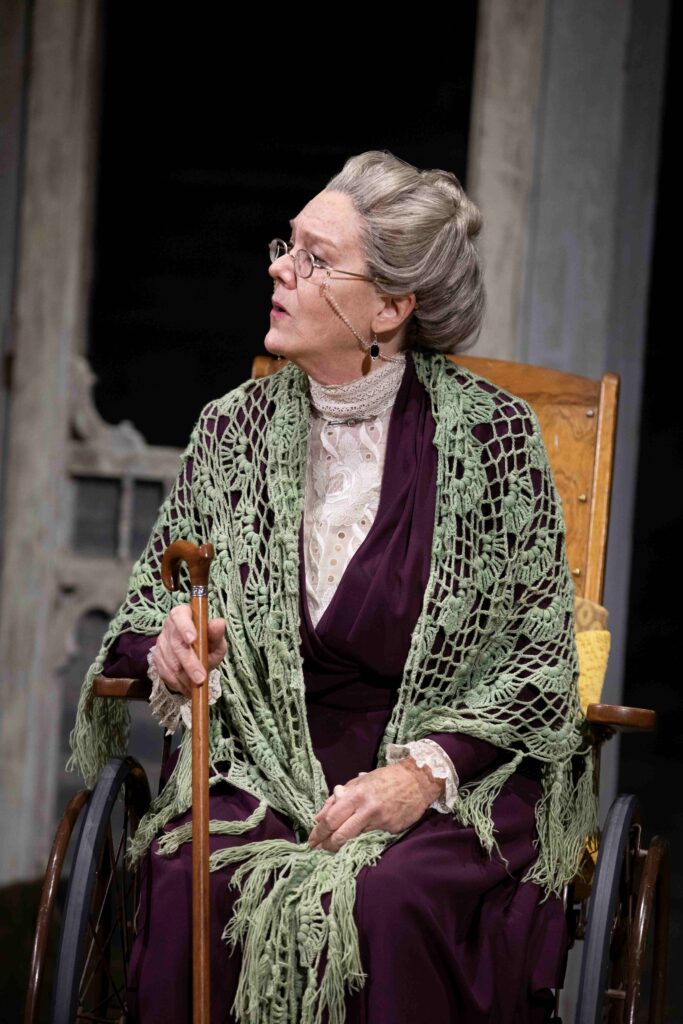
Photos by Julieta Cervantes

CB Adams is an award-winning fiction writer and photographer based in the Greater St. Louis area. A former music/arts editor and feature writer for the St. Louis Globe-Democrat, his non-fiction has been published in local, regional and national publications. His literary short stories have been published in more than a dozen literary journals and his fine art photography has been exhibited in more than 40 galley shows nationwide. Adams is the recipient of the Missouri Arts Council’s highest writing awards: the Writers’ Biennial and Missouri Writing!. The Riverfront Times named him, “St. Louis’ Most Under-Appreciated Writer” in 1996.

